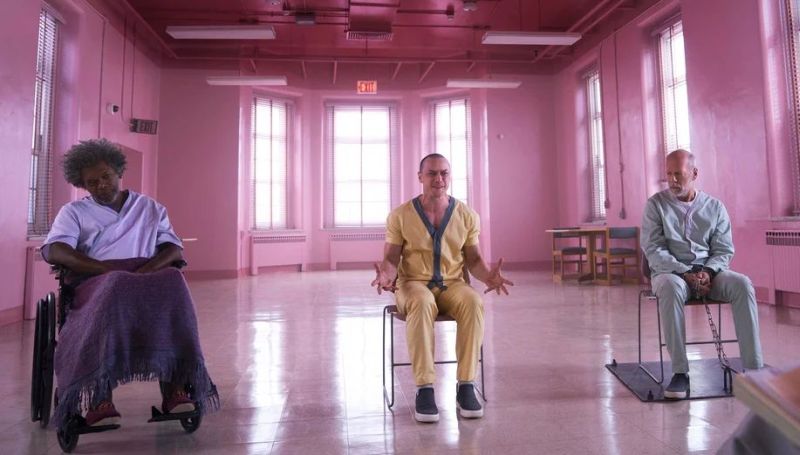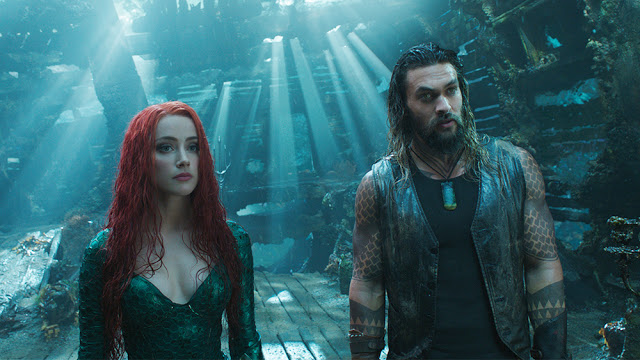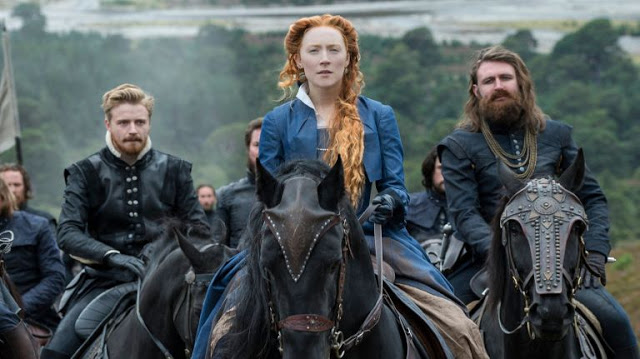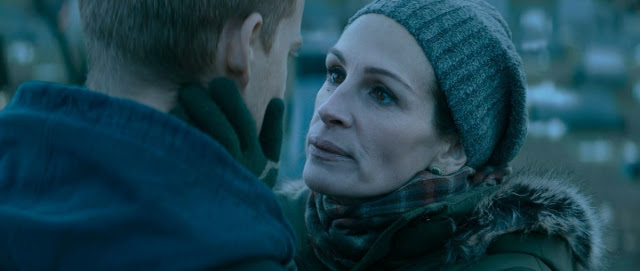Glass: The Supervillains Are Running the Asylum

One of the main characters of M. Night Shyamalan’s Glass suffers from dissociative identity disorder. That illness is not shared by its director. Shyamalan may have his flaws, but he wields his camera with a confidence, a sense of self, that’s unusual in the Hollywood studio system. Good thing, too, because when reduced to its building blocks, Glass is a ridiculous movie, a bizarrely plotted thriller that makes astonishingly little sense. Yet it also flaunts a genuine personality, along with an exhilarating degree of style, that elevate it comfortably above its stupidity. There’s a school of critics who insist that Shyamalan should stop penning his own screenplays, arguing that his shaky writing hampers his gifts as a director. Maybe that’s true, but consider the flip side: How many other filmmakers could have taken this script and turned it into something so effortlessly, indecently entertaining?
An ungainly, tantalizing hybrid of two superior genre movies, Glass positions itself as the climax of a suddenly uncovered cinematic universe. Way back in 2000, Unbreakable—still Shyamalan’s best film—followed the uneasy partnership between David Dunn (Bruce Willis) and Elijah Price (Samuel L. Jackson), with the latter insistently tugging at the former to accept his destiny as a real-life superhero. Separately, Split followed the murderous exploits of Kevin Wendell Crumb (James McAvoy), a Sybil-like serial killer who occasionally transformed into a savage, animal-like entity called The Beast. Shyamalan is often accused of repeating himself, but these two movies weren’t remotely alike in terms of either plot or tone; Unbreakable was a powerful study of obsession, confusion, and self-discovery, whereas Split was a hammy, razor-sharp, predator-versus-prey thriller. Yet the (admittedly delightful) stinger of Split revealed that it in fact occupied the same world as Unbreakable, and from those still-glowing ashes, Glass was born. Read More




